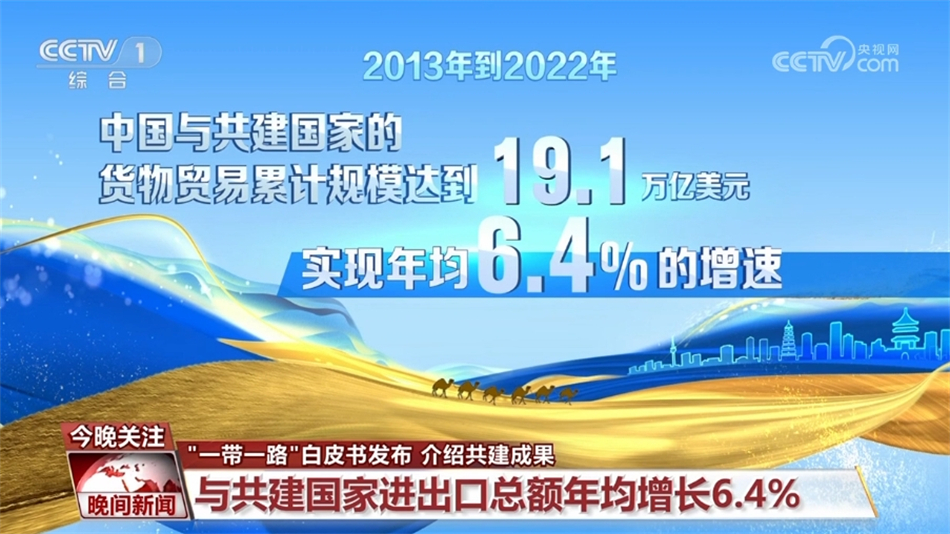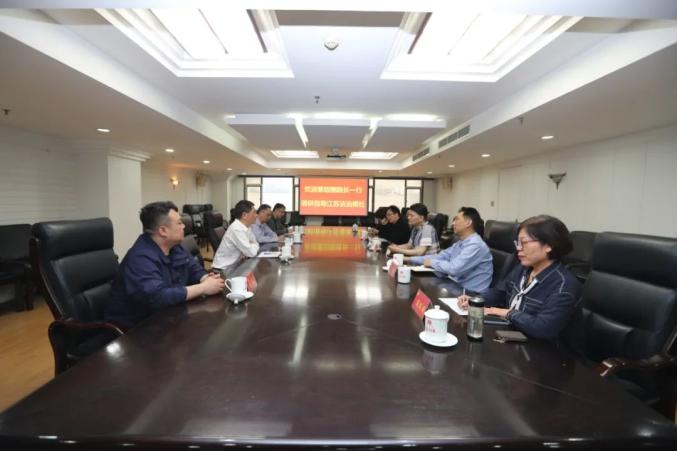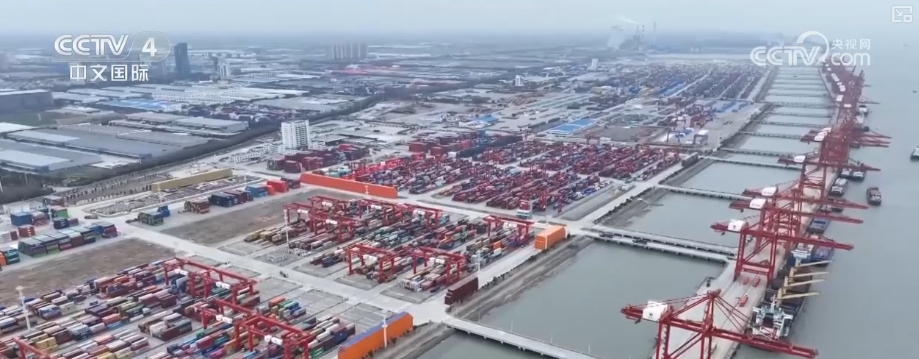How Is The Shame Of The Five Constant Virtues Created? The West Has Teamed Up To Make High-end Games For China, And The UK Has Been Ruined
How Is The Shame Of The Five Constant Virtues Created? The West Has Teamed Up To Make High-end Games For China, And The UK Has Been Ruined
The United Nations Security Council (Security Council) is the core body of international governance and is responsible for maintaining global peace and security. Its five permanent members—China, France, Russia, Britain and the United States—because of their historical status after World War II
Advertisement In 2025, how to become a qualified psychological counselor based on 0?
The United Nations Security Council (Security Council) is the core body of international governance and is responsible for maintaining global peace and security. Its five permanent members—China, France, Russia, Britain and the United States—have permanent seats and veto powers due to their historical status after World War II. This privilege gives them a great influence in international affairs.
For example, the veto power can allow any five-permanent state to unilaterally prevent the passage of resolutions, whether on conflict intervention or economic sanctions. This mechanism was originally intended to ensure balance among major powers, but in actual operations, it often hit a deadlock due to differences in interests, such as the confrontation between the United States and the Soviet Union during the Cold War, or the disputes over the Syrian issue in recent years.

Since China's reform and opening up in 1978, its economic strength has increased rapidly. According to the World Bank, China's GDP growth in the past few decades has reached nearly 10%, with more than 800 million people lifting out of poverty and becoming the world's second largest economy. After joining the World Trade Organization in 2001, China quickly integrated into the global trade system, with exports significantly increasing, and its trade network covering all parts of the world.
In 2013, China proposed the "Belt and Road" initiative, and by investing in infrastructure in more than 140 countries, such as ports and railways, it not only boosted the economy, but also significantly expanded its geopolitical influence. In addition, China's breakthroughs in the field of technology are particularly eye-catching. For example, Huawei's global leading position in 5G technology has made Western countries both envious and worried, worried that technological hegemony will fall and even threatened national security.

Advertisement is level 999, quickly upgrades and challenges the limit!
Faced with China's rise, Western countries, especially the United States, feel unprecedented pressure. Therefore, in recent years, they have used multiple means to curb China's influence, including trade restrictions, technological blockades and diplomatic pressure. As one of the Five Constant Persons, the United Kingdom actively responded to the call of the United States and tried to consolidate its international status by participating in these actions. However, these efforts not only failed to achieve the expected results, but instead cost the UK a heavy price.
A typical example is the UK's 5G ban on Huawei. In 2020, amid pressure from the United States and so-called "security concerns", the British government decided to completely remove Huawei equipment from its 5G network by 2027. This decision was seen by the West as a symbolic victory in curbing China's technological expansion.
However, China responded quickly. China's Ministry of Commerce warned that the UK's "discriminatory" practices have damaged Chinese companies' investment confidence and hinted that "necessary measures" may be taken to respond. Later, reports showed that Chinese companies began to reevaluate their investment plans in the UK, especially in the fields of technology and infrastructure.
After the Huawei incident, Sino-UK economic relations have cooled significantly, China's interest in investment in the UK has declined, and some technological projects that were originally planned to be implemented in the UK have been shelved or transferred to other countries.

At the diplomatic level, Britain tried to push issues against China through the Security Council, but the results were often counterproductive. For example, the UK has tried to unite the United States and France to propose a draft resolution on human rights issues in China's Xinjiang in the Security Council.
However, due to insufficient evidence or diplomatic considerations, the United States and France finally chose to abstain from the rule and the resolution failed. This made Britain appear isolated in the Security Council and its influence was questioned. Some analysts pointed out that Britain was eager to prove its international status after Brexit, but because of its overly radical attitude, it lost the support of other major powers.
China's response to the UK is not only verbally, but also reflected in economic measures. For example, China has suspended some investment projects in the UK, including science and technology parks and high-tech cooperation plans. In addition, China imposes tariffs on some goods exported by the UK, such as Scotch whiskey and high-end cars.
According to data from the UK's National Office for Statistics, the UK's exports to China in 2021 will be 24.5 billion pounds, of which luxury goods such as whiskey account for an important share. Tariffs have caused the competitiveness of these commodities to decline in China and the number of orders has dropped sharply. Distillers in the Scotland region and automakers in England have complained that export revenue has shrunk significantly.

Advertisement [Get Recharge Card for Monsters] Real 0 Krypton High-Explosion Gold-Breaking Legend
What’s more serious is that Sino-UK education cooperation has also been affected. Chinese students are an important source of students at British universities, bringing about 5.4 billion pounds of tuition income to the UK every year. However, after the Chinese government issued a safety warning to study in the UK, the number of Chinese students applying to British universities has dropped significantly. Some university leaders admitted that the loss of Chinese students will have a long-term impact on the school’s finances.
Britain's defeat in this high-end game has led to a significant decline in its position among the Five Constant People. In the follow-up meetings of the Security Council, Britain's proposals often find it difficult to obtain sufficient support, and other major powers pay more attention to the position of the United States or China. Economically, it is difficult for the UK to recover from the trade dispute with China.
According to data from the China-UK Business Council, UK exports to China fell to 21.2 billion pounds in 2024, a significant decrease from 24.5 billion pounds in 2021. The government tried to make up for the losses by signing trade agreements with Japan, Australia and other countries, but the effect was limited. After Brexit, the economic growth rate of the UK continued to be lower than that of other developed countries, and the status of the City of London was also replaced by EU cities to a certain extent.

At the same time, China's influence is steadily increasing. The Belt and Road Initiative is being promoted globally, such as Kenya’s Mombasa Railway and Greece’s Piraeus Port Project, which has enhanced China’s economic and political influence.
In the field of technology, despite facing Western restrictions, Huawei and other companies still rely on cost advantages and technological innovation to expand their market share in Africa, Southeast Asia and other places. China is also playing an increasingly important role in international organizations such as the United Nations, gradually affecting the formulation of the global agenda.
Although the Western strategy of containing China has created some obstacles in the short term, it has not prevented China's rise in the long run. On the contrary, these actions sometimes make the participating countries suffer their own consequences, and the UK is a distinct example. His diplomatic isolation and economic losses have made the "Shame of the Five Constant Permanents" an ironic evaluation of his situation by the outside world.
The UK's experience in this high-end game reveals the complexity and risks of international politics. On the one hand, Western countries try to maintain existing order through joint actions, but this strategy is often unable to do so when facing emerging powers like China. On the other hand, the lessons of Britain show that major powers must carefully weigh their principles and interests when formulating policies, so as to avoid falling into trouble because they are too radical.





